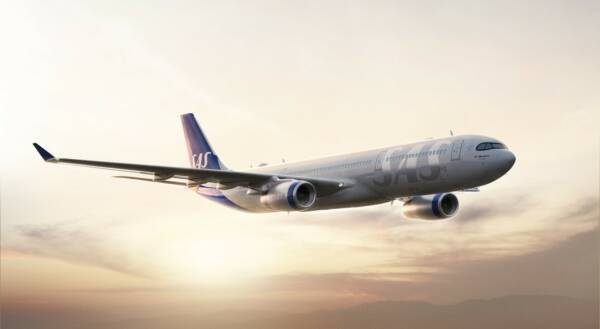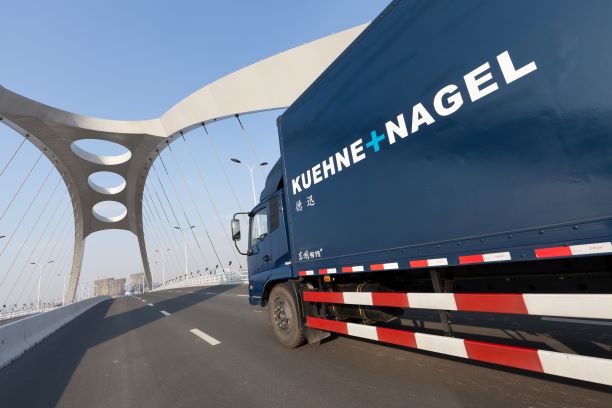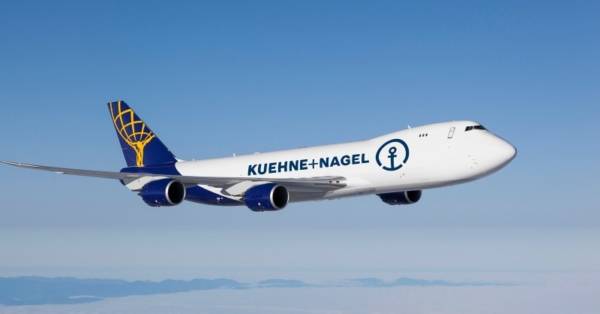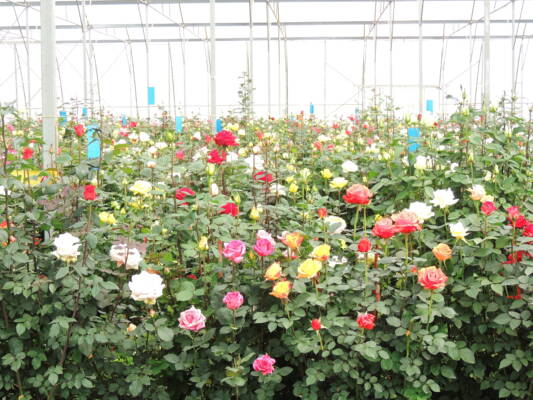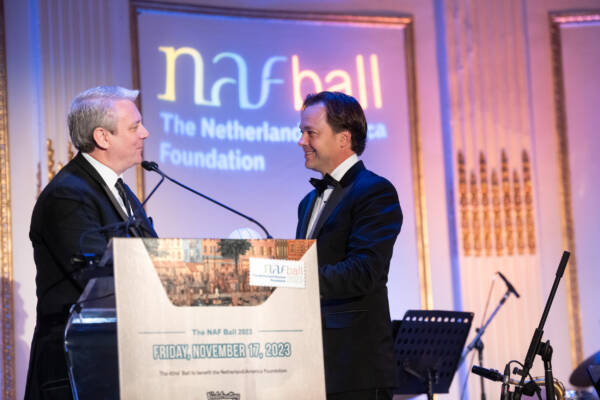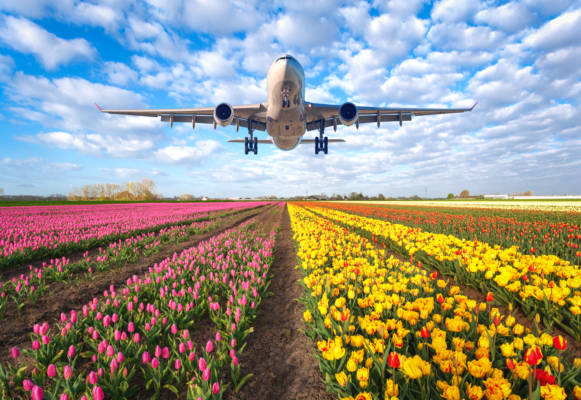SCHINDELLEGI, Switzerland: What does the global distribution of 15 billion Covid-19 vaccines mean for an already heavily battered air cargo market for cut flowers? FCI editor, Ron van der Ploeg asked Dennis Verkooy, global head of perishables for Kuehne+Nagel, the world’s largest freight handler for cut flowers. This week, Kuehne+Nagel finalised an agreement with Moderna for Covid-19 vaccine distribution.
Already pre-Covid, the air freight industry was searching for new markets, preferably in higher-margin areas such as pharmaceuticals. As a result, competition with equally time and speed-sensitive – but much higher-value cargo than cut flowers – is becoming increasingly fierce.
At the same time, experts worldwide working hard to accelerate the development, manufacturing, and delivery of a safe and effective Covid-19 vaccine. Developing them is only half of the problem, distributing the anticipated 15 billion vaccines needed worldwide will be a logistical challenge of an unimaginable scale.
Dennis Verkooy, global head of perishables for Kuehne+Nagel, thinks it is crucial to answer questions and assess the air cargo’s market impact for cut flowers in the short and long term. Questions, such as: Where will the vaccines be distributed? What will be the percentage of product transported by road and by air? Which countries have bought vaccines from which manufacturers? Which vaccines are available, and what are their distribution requirements? What do we know about batch sizes and the estimated peak periods of the vaccines’ distribution?.
“For the major flows outbound from South America and East Africa, there will be no more disruption than what we see with the decrease in the capacity that happened earlier this year. These are the major flows and there are no manufacturing plants for the vaccines in these areas,” Verkooy said.
He went on to explain that according to economic data and articles in the press, the market will see approximately 65,000 tons of airfreight for the Covid-19 vaccine distribution over the next 1.5 to two years. “Translated into fully-loaded 747 freighters loaded with 70 tons, this corresponds to less than 1,000 planes. In other terms, that is less than one per cent of the total airfreight volume of 2019, which was a ‘normal year’ pre-Covid.”
All customers are created equal; just some are more equal than others. When asked how Kuehne+Nagel will ensure ‘floral’ customers – who spend less than pharmaceutical customers – will be treated equally, Verkooy said, “It is important that flower customers and forwarders have an open dialogue about their volume requirements. Early planning and strong collaboration are key to success in every industry now.”
He added, “To reserve air capacity for Kuehne+Nagel customers, we have set up dedicated charters and ensure control capacity via Block Space Agreements with our carrier partners. We have worked closely with our existing customers to understand their volume requirements for the upcoming peak season and we are confident that we will fulfil their needs.”
How significant is the risk that flowers will be bumped? “With our existing customers, we are working very closely to ensure that we can provide them with the capacity that they need. It is important that flower customers plan ahead and not expect that there will be capacity available from one day to the next,” Verkooy said.
Elaborating on how airfreight rates per kg of flowers have evolved since the outbreak of Covid-19 he noted, “Due to the reduction in capacity in the market, we saw a sharp increase from April to June. The rate levels reduced slightly during the summer followed by a clear increase again during Q4. Until a steady flow of passengers, returns and airlines add capacity back into the market, we do not foresee a change in the volatility in airfreight rates. The outlook for Q1 is that there will be limited capacity but from discussions with our partners we will this easing again as of Q2. We don’t expect the rates to go higher than we are currently seeing.”
Verkooy encourages flower growers around the world to liaise with their service providers to mitigate the risks. “We all have to be flexible and consider all options i.e. different airlines, departure days, quantities moved etc.”
The global distribution of vaccines will be not over in one week: it evolves into a lengthy distribution process. How long does Verkooy think the disruption will last? “Based on the information that is currently available in the market it is all dependent on the outcome of immunity length the vaccine offers. If an initial dose will be enough then we will only see this as a one-off impact during the next 18 to 24 months, however, there is also a possibility that this might end up becoming like the annual flu vaccination, which means this, will become part of our lives.”
Air cargo companies have set up Covid-19 vaccine taskforces. But what about the demands and expectations of flower supply chains, including requirements for phytosanitary control, air cargo capacity, handling and storage and degree hour benchmarking? “The air freight industry has to deal with constant variables such as massive launches for high-tech during a certain period of the year or peak seasons for different commodities which are not visible to the public eye. We are always in open conversations with our customers and partners to ensure risk mitigation and transparency. We feel comfortable that with our current network and capabilities, the flower supply chain of our customers will be uninterrupted during this time.”
Meanwhile, Kuehne+Nagel and Moderna, Inc. (NASDAQ: MRNA), a biotechnology company pioneering messenger RNA (mRNA) therapeutics and vaccines, have agreed to an international supply chain arrangement to provide distribution and storage of the Covid-19 Vaccine Moderna. This announcement follows the granting of conditional marketing authorisation by the European Medicines Agency (EMA) for Covid-19 Vaccine Moderna.
Kuehne+Nagel will support the worldwide distribution of vaccine doses from Moderna’s international supply chain, based in Europe. This includes distribution to markets in Europe, Asia, Middle East and Africa, and parts of the Americas.
The arrangement includes distribution and warehousing of the vaccine from Kuehne+Nagel’s pharma hub in Europe. Kuehne+Nagel will use its network of more than 230 operations worldwide to distribute the vaccine via road and air. In Europe alone, the company operates its own fleet of over 200 dedicated pharmaceutical transport vehicles. At all stages of transport and storage, product integrity at the required temperature of -20°C will be maintained.
Kuehne+Nagel’s clinical trial logistics subsidiary, QuickSTAT, has been an integral part of Moderna’s vaccine supply chain as well, having supported Phase II and Phase III clinical trial supply logistics in the U.S.
Kuehne+Nagel has also signed partnerships with authorities in several countries for local storage and last-mile distribution, such in Germany’s most populous state, North Rhine-Westphalia.
























